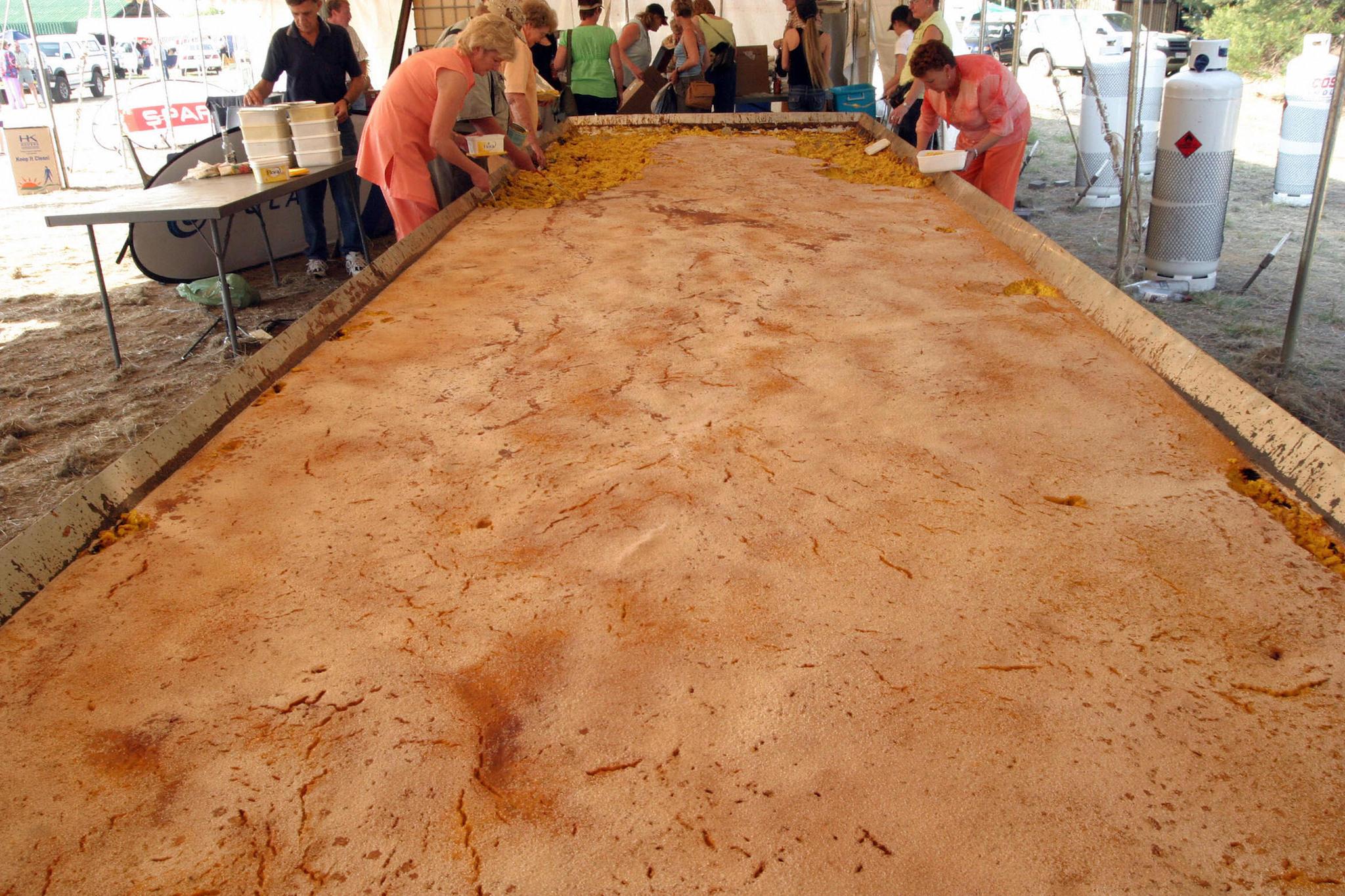Pi Day: Why some people make such an effort to remember the huge number – and why that's mostly pointless
Some people have suggested that the long number could have a pattern in it – but nobody has found one yet

It's Pi Day. But don't worry if you've forgotten.
The mathematical constant Pi has been a source of fascination for thousands of years, from experts who have wondered at just how important and universal the number is. But since then has come another, slightly more useless, pursuit: committing that number to memory, with as much accuracy as possible.
Remembering – and even finding out – the digits of Pi is a largely recreational endeavour, though one that people take incredibly seriously. We simply don't actually need that many: for Nasa's most high accuracy calculations, it only uses 3.141592653589793, and we could calculate the circumference of the entire universe with an accuracy equal to the diameter of a hydrogen atom using only 40 decimal places.
It's worth remembering that for much of the history of mathematics – before modern computers arrived and changed everything – highly accurate and developed work was done by using Pi to only a few decimal places. In the 17th century, Newton wrote to a friend that he was ashamed of how much time he'd spent working out Pi to as many digits as possible – and he'd only got 15 decimal places in.
That meant that when people started memorising Pi, it wasn't all that difficult. The fascination with committing the number to memory began in the 19th century – but then, without the super-speed calculations offered by modern computers, there was only a few hundred digits and so it was relatively easy to store it away.
But now nobody can remember the entire thing – and while people continue to carry out amazing feats of remembering with the number, computers are always finding new digits much faster than people can commit them to memory.
The best feat of memory authenticated by the Guinness Book of Records is 70,000 digits of Pi, set by Rajveer Meena in a feat that took more than ten hours in 2015, though other people claim to have remembered more. That huge number looks tiny when compared to the amount of digits we've worked out, which is now in the quadrillions.
One of the things that makes Pi such a challenge to memorise – and such a draw to people who want to demonstrate their memory – is that there is no pattern to it. At least as far as we know.
In Carl Sagan's novel Contact, for instance, an alien suggests to its main character Ellie Arroway that an unknown intelligence has hidden all sorts of important patterns inside some important numbers, one of which is Pi. Arroway checks, and hidden deep in the far along digits of Pi is a pattern that when drawn out in a certain way becomes a circle.
The discovery is fictional, but points to something very real about how people feel about important numbers like Pi. The power and importance of the constant appears to gesture towards a kind of order or neatness in the universe – of the kind that makes it not all that strange to imagine it had been plotted out in some way.
Those who memorise the number have also remarked on the way that the number seems to carry with it some profound meaning. Akira Haraguchi, a man who claims to have memorised the number to more than 100,000 digits, said that he saw something almost spiritual in the number.
"According to Zen Buddhism teachings, everything that exists in this world – the mountains, the rivers and all the living creatures – carries the spirit of the Buddha," he told The Guardian. "I’ve interpreted this to mean that everything that circles around carries the spirit of the Buddha. I think pi is the ultimate example of that."
If you want to hunt for any significance – or just any set of numbers that you like – then you might want to head to this website devoted to finding the digits that are hiding within Pi.
Join our commenting forum
Join thought-provoking conversations, follow other Independent readers and see their replies
Comments
Bookmark popover
Removed from bookmarks